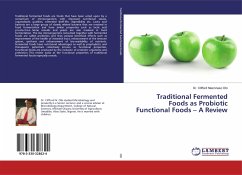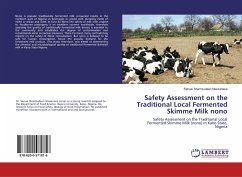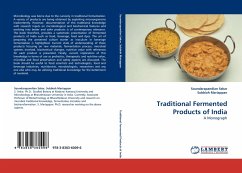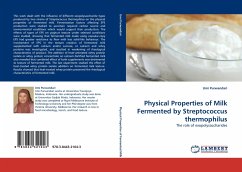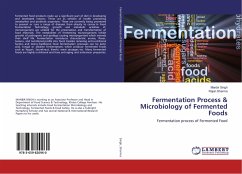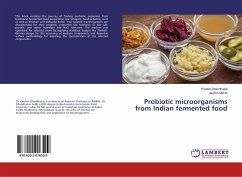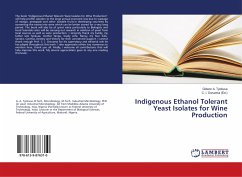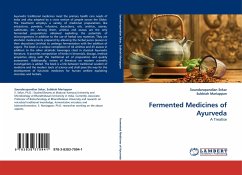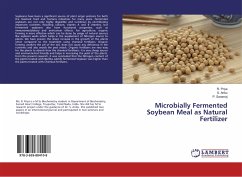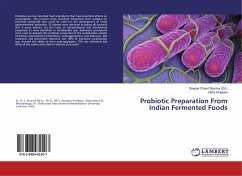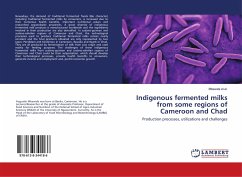
Indigenous fermented milks from some regions of Cameroon and Chad
Production processes, utilizations and challenges
Versandkostenfrei!
Versandfertig in 6-10 Tagen
24,99 €
inkl. MwSt.

PAYBACK Punkte
12 °P sammeln!
Nowadays, the demand of traditional fermented foods (Bio character) including traditional fermented milks by consumers, is increased due to their numerous health benefits, important nutritional values and researched organoleptic properties. A great diversity of indigenous fermented milk products is manufactured worldwide and the ingredients involved in their production are also diversified. In sudano-guinean and sudano-sahelian regions of Cameroon and Chad, the technological processes used to produce traditional fermented milks remain nearly constant and the final products obtained are only re...
Nowadays, the demand of traditional fermented foods (Bio character) including traditional fermented milks by consumers, is increased due to their numerous health benefits, important nutritional values and researched organoleptic properties. A great diversity of indigenous fermented milk products is manufactured worldwide and the ingredients involved in their production are also diversified. In sudano-guinean and sudano-sahelian regions of Cameroon and Chad, the technological processes used to produce traditional fermented milks remain nearly constant and the final products obtained are only represented by two types: Pendidam and Kindirmou in Cameroon, Rouaba and Rayeb in Chad. They are all produced by fermentation of milk from cow origin and used mainly for feeding purposes. The challenges of these indigenous fermented milks from sudano-guinean and sudano-sahelian regions of Cameroon and Chad could be their vulgarization, which should develop their technological processes, provide health benefits to consumers, generate income and employment and, permit economic growth.



